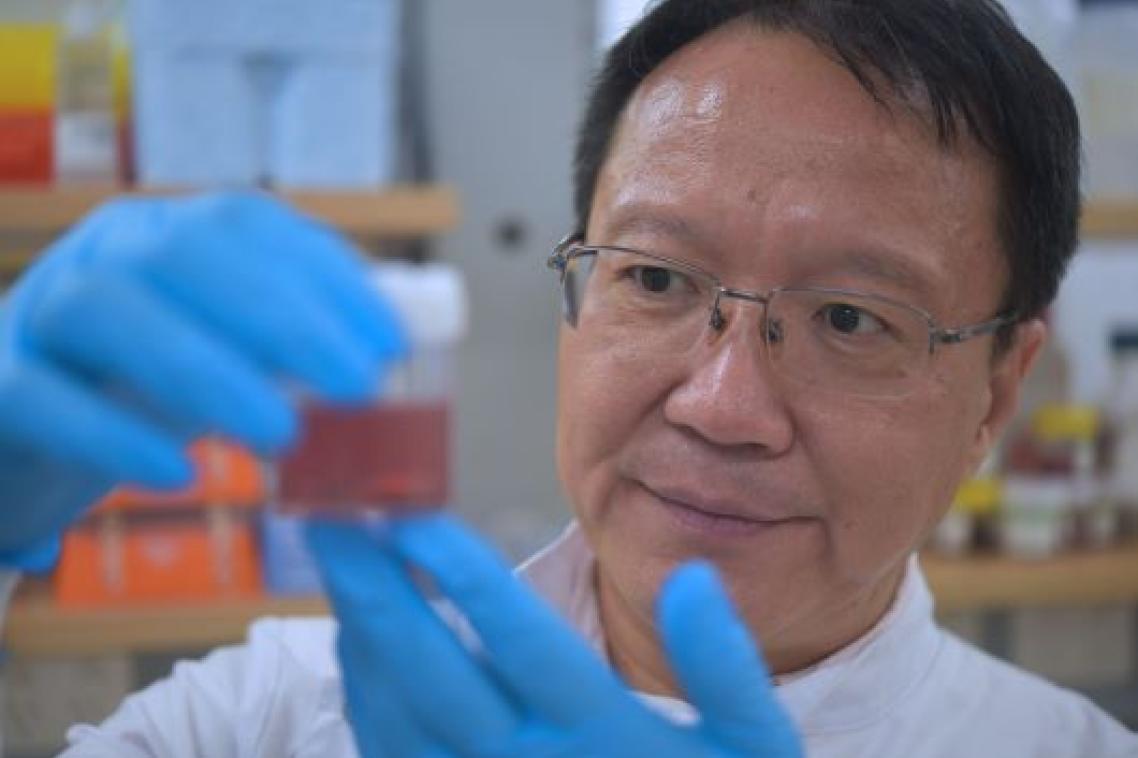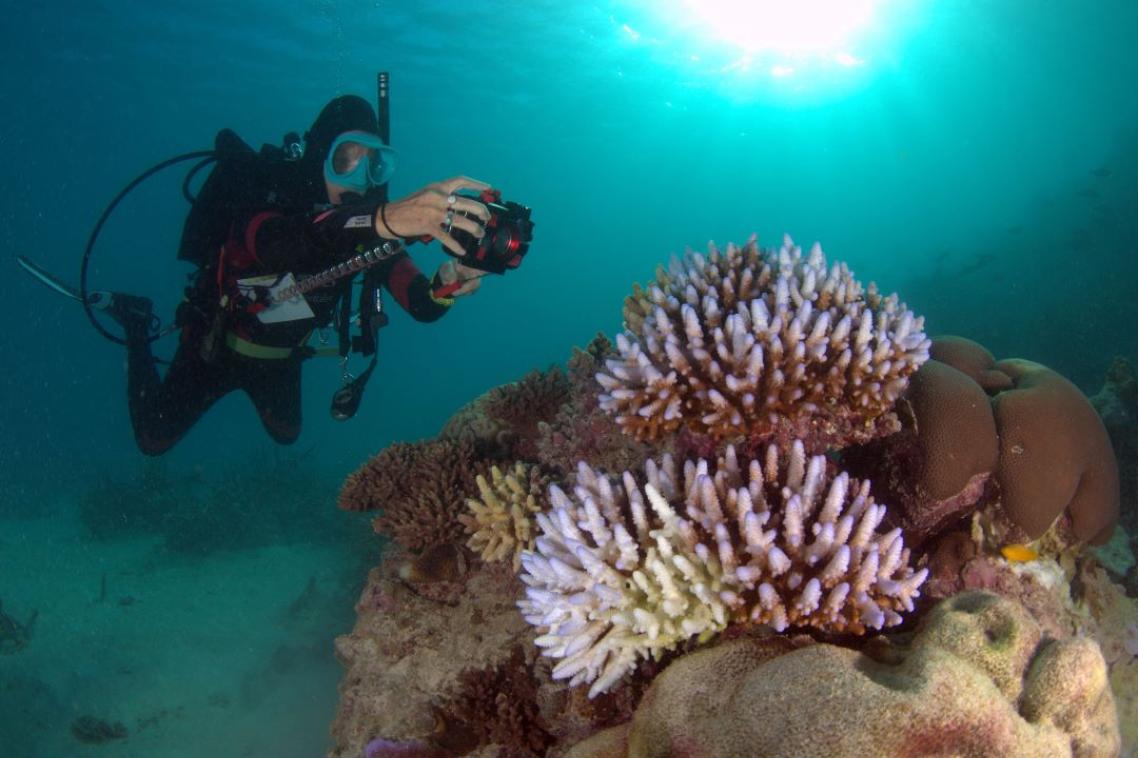Nanotechnology could improve odds in treating aggressive breast cancers

University of Queensland researchers are designing nanotechnology they believe could improve how we treat the most aggressive form of breast cancer.
Professor Chengzhong (Michael) Yu and his team are developing novel nanoparticles that could dramatically increase the effectiveness of immunotherapies when treating triple-negative breast cancer (TNBC).
TNBC is aggressive, fast-growing and accounts for 30 per cent of all breast cancer deaths in Australia each year, despite making up only 10 to 15 per cent of new cases.
Professor Yu, from UQ’s Australian Institute for Bioengineering and Nanotechnology (AIBN), said a new solution was needed because TNBC cancer cells lacked the proteins targeted by some of the treatments used against other cancers.
“Despite the promise of immunotherapy, the use of immune checkpoint inhibitors (ICIs) as a potential treatment option for TNBC is extremely limited,” Professor Yu said.
“This means therapies that might help to treat melanoma, for example, will not work with TNBC.
Aided by a $3 million Investigator grant from the National Health and Medical Research Council (NHMRC), Professor Yu aims to design a nanoparticle to bolster TNBC patients’ immune response to treatments.
This ‘nano-adjuvant’ would work at a sub-microscopic scale to boost the performance of T-cells, the white blood cells used by the immune system to fight disease.
Professor Yu described the process as systematic engineering.
“The particles we are designing will essentially work inside the tumour microenvironment, including TNBC cancer cells and important immune cells, to boost body's immune response to attack and defeat TNBC cells,” Professor Yu said.
“With the right combination of iron-based nanoparticles and substances that can trigger programmed cell death – we hope the nano-adjuvant will be able to improve the efficacy of immunotherapy treatment.”
Professor Yu said the 5-year research project would hopefully kickstart clinical translation to fill a critical gap in the treatment of serious cancers.
“The versatility of this nano-adjuvant could also lend itself to application for other advanced solid tumours that require enhanced T-cell recognition – such as ovarian cancer,” Professor Yu said.
The project combines elements of Professor Yu’s 20-year career in nanotechnology and nanomedicine, including nanoparticle innovation, understanding the nanoparticle-cell interaction, and drug delivery to provide new solutions for cancer treatment.
Media contact
UQ Communications
communications@uq.edu.au
+61 429 056 139
Related articles

Thousands of Queensland reef photos lead to worldwide change

Staying physically active cuts risk of early death by 40 per cent
Media contact
UQ Communications
communications@uq.edu.au
+61 429 056 139
